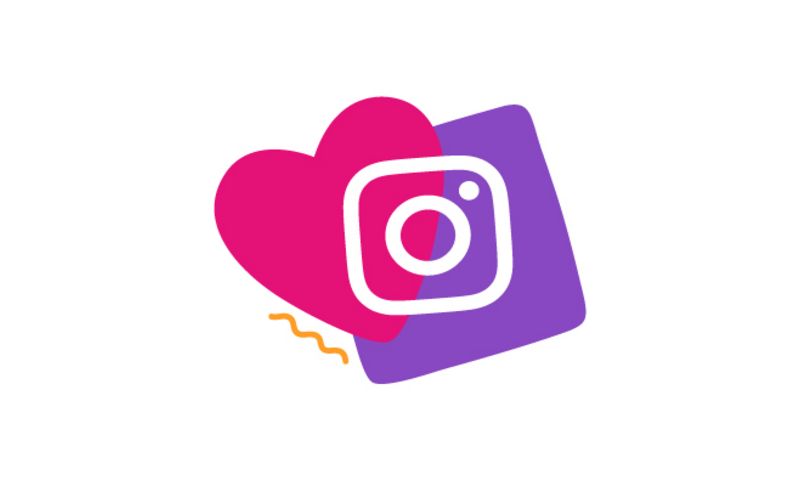Facebook’s F8 developer summit, an annual event that brings together promising creators and progressive engineers from across the globe, recently concluded. As anticipated, the conference brimmed with several fascinating revelations centred around chatbots and artificial intelligence (AI).
Making Strides Towards Chatbots
The social media behemoth, Facebook, has announced its plan to advance and redefine commercial interaction on its platform. Businesses can now utilize automated support and interactive services offered by chatbots on Facebook Messenger. Facebook’s revamped “Messenger Send/Receive API” will support not only the exchange of text, but also images. Interactive rich bubbles will house multiple calls-to-action, significantly enhancing user engagement.
Developers can set a contextual welcome screen for their threads and institute various controls. The platform is now accessible to all developers and businesses to create custom bots for Messenger. These advancements essentially mean that automated chats will be integrated into Facebook Messenger, dramatically simplifying customer interaction with businesses ranging from eateries and e-commerce sites to banks.
The chatbot operation can be compared to an Interactive Voice Response (IVR) system. Just as a customer might call a company after working hours and interact with an automated system that troubleshoots issues, Facebook Messenger’s chatbot will now carry out this process through written conversation.
Exploring Employment Implications
The integration of artificial intelligence and chatbots could potentially disrupt the job market by automating tasks typically assigned to customer service representatives. However, while the demand for customer service roles may decline, job opportunities in programming and software development are expected to surge as a result of this innovation. In addition, chatbots might learn users’ personal attributes over time, enabling businesses to craft hyper-personalized services.
User Control Remains a Priority
Facebook, a staunch advocate for user-first policies, has reassured its audience that the new service will not undermine their interaction with friends or their control over chatbots. Users will retain the ability to mute or block communications they do not want to receive, imposing strict guidelines for developers and businesses to ensure a positive user experience. This sentiment is echoed by David Marcus, VP of Messaging Products at Facebook.
Unlocking New Revenue For Facebook
As an increasing number of businesses leverage this tool to boost their sales, Facebook envisages a fresh stream of revenue. The inclusive plan involves dispatching Sponsored Messages to users who have initiated a conversation with a business, and incorporating a “Click To Message” ad in users’ News Feeds to stimulate further engagement and potential sales.
Facebook’s CEO, Mark Zuckerberg, took center stage to express his vision for universal connectivity, emphasizing that building barriers are not the answer, but rather progressive integration. By providing a platform that nourishes global engagement, Facebook aims to indulge the entirety of the global population, half of which remains disconnected from the internet. As of now, Facebook accounts for 1.5 billion users, representing half of the internet-using population across the globe.
Discover more from TechBooky
Subscribe to get the latest posts sent to your email.







